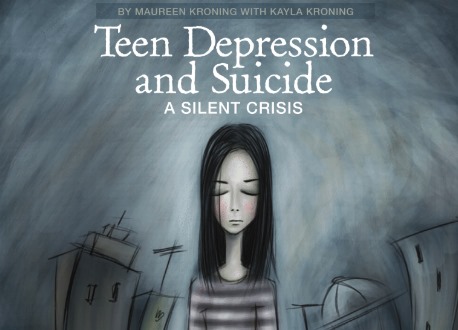The Cause and Effect of Teenage Depression
Teenage depression is a serious mental health condition that affects millions of adolescents worldwide. It is more than just mood swings or occasional sadness—it is a persistent feeling of sadness, hopelessness, and a loss of interest in daily activities. Understanding the causes and effects of teenage depression is essential for early intervention and effective treatment.
There are many causes of teenage depression, and often, multiple factors are involved. One major cause is academic pressure. Many teens feel overwhelmed by expectations to perform well in school, excel in extracurricular activities, and plan for their future. Family issues, such as divorce, neglect, or abuse, can also contribute significantly. Social problems like bullying, peer pressure, and feeling isolated or misunderstood can deeply impact a teenager’s emotional well-being. In addition, biological factors such as hormonal changes and a family history of depression can increase the risk.
The effects of teenage depression are wide-ranging and can seriously impact a young person’s life. Emotionally, it can lead to feelings of worthlessness, guilt, and irritability. Depression can affect academic performance, causing poor concentration, low energy, and a lack of motivation. Teens with depression often withdraw from friends and family, losing interest in activities they once enjoyed. In severe cases, it may lead to self-harm or suicidal thoughts, making it a potentially life-threatening condition.
Teenage depression should not be ignored. Early diagnosis and treatment—through therapy, counseling, and sometimes medication—can help teens manage their symptoms and lead healthy, fulfilling lives. Support from family, friends, and schools is also crucial in the healing process.
In conclusion, teenage depression has complex causes and serious effects. By understanding and addressing the root causes, society can help teens cope with their struggles and promote better mental health for future generations.




